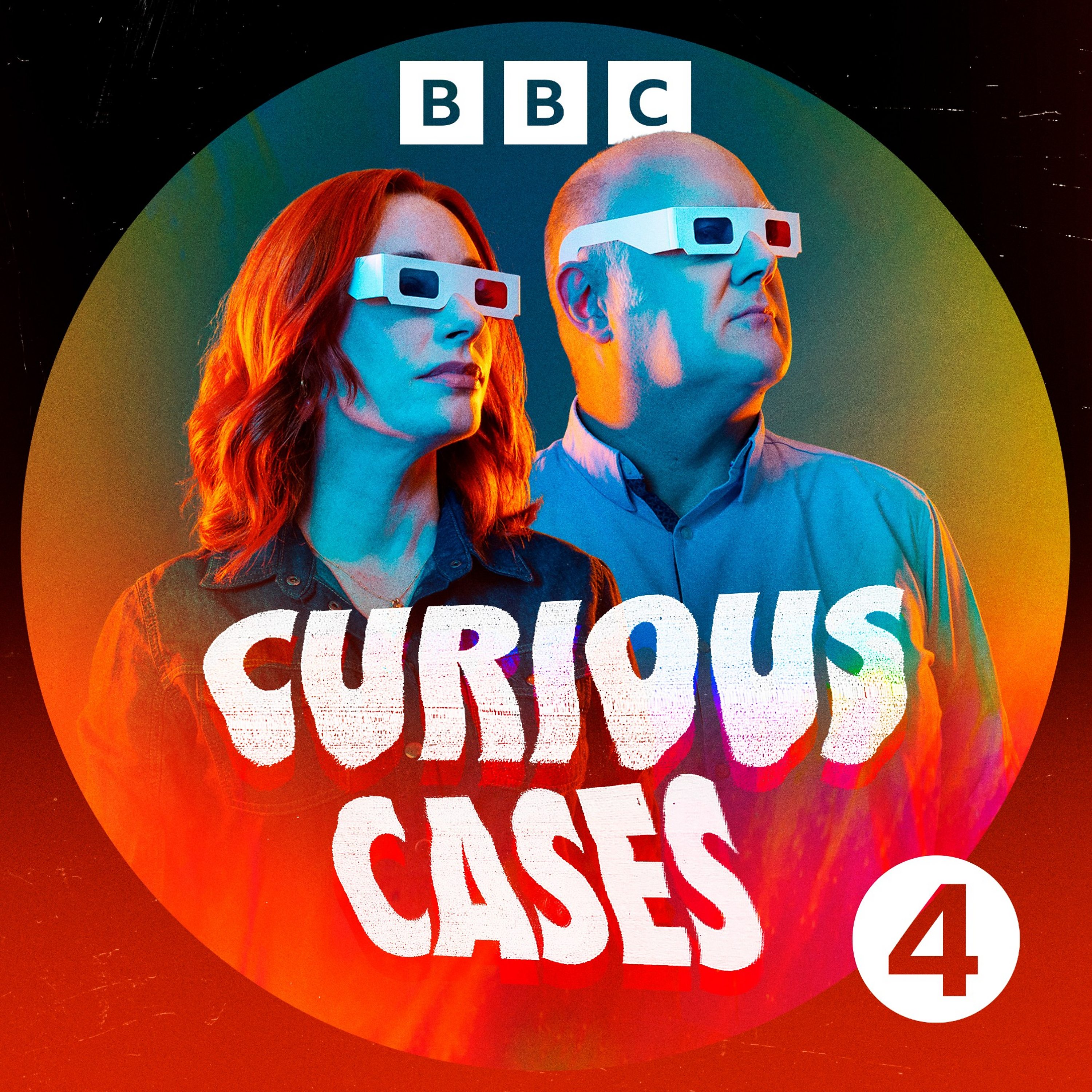More Frytful Scares
Description
It was a dark and stormy night. A secret message arrived addressed to Rutherford & Fry from a mysterious woman called Heidi Daugh, who demanded to know: "Why do people like to be scared? For example, going on scary amusement park rides and watching horror movies that make you jump.”
What followed was an investigation, which would test our intrepid duo to their very limits. They explore the history of horror, starting with its literary origins in the Gothic fiction classic 'The Castle of Otranto'.
Adam challenges Hannah to watch a horror film without hiding behind a cushion. She quizzes horror scholar Mathias Clasen to find out why some people love the feeling of terror, whilst it leaves other cold.
Sociologist Margee Kerr and psychologist Claudia Hammond are also on hand to explore why scary movies are so powerful and popular.
Then Rutherford and Fry investigate the more physical side of fear, when they delve into the history of roller coasters to investigate why we enjoy being scared.
Never ones to shy away from a challenge, the pair attempt to channel their inner adrenaline junkies with a trip on one the UK's scariest roller coasters at Thorpe Park.
David Poeppel from New York University studies the science of screaming, and we discover what makes screams uniquely terrifying. Plus, psychologist and broadcaster Claudia Hammond describes some early experiments which tested how fear affects our body.
This episode is a remake of two earlier broadcast episodes.
If you have any Curious Cases for the team to investigate please email [email protected]
Producers: Fiona Roberts & Michelle Martin
Presenter: Adam Rutherford & Hannah Fry
More Episodes
Published 01/04/25
11 year old Esther visualises days of the week in a kind of 3D structure. It’s something called ‘synaesthesia’ and she wants to know why it happens - and why other people don’t experience things the way she does.
Hannah Fry and Dara Ó Briain explore the vibrant and varied ways different people...
Published 11/09/24
It’s sometimes said that timing is everything and this week the pair investigate the mystery of rhythm, discovering why some of us might be better at staying in tempo.
From the daily cycle of dawn and dusk to sea tides and circadian clocks, rhythm governs many aspects of our lives, and cognitive...
Published 11/02/24


